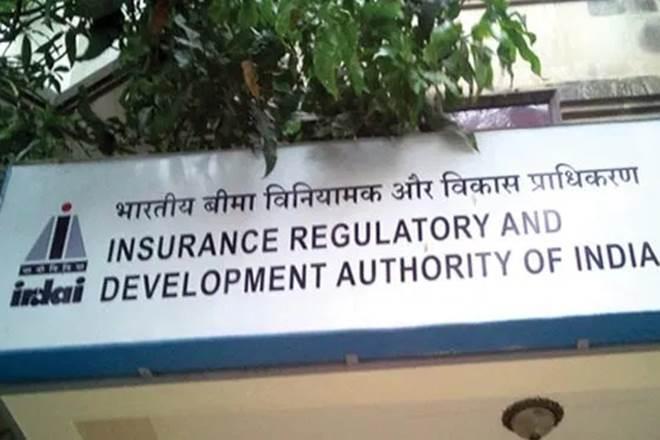 16-09-2019
16-09-2019
Irdai to start taking applications for regulatory sandbox from September 15

 Insurance Alertss
Insurance AlertssIrdai to start taking applications for regulatory sandbox from September 15

Insurance Regulatory and Development Authority of India (Irdai) will start taking applications for the ‘Regulatory Sandbox’ from September 15 to October 14. The insurance regulator launched the Regulatory Sandbox during the opening session of the ‘Curtain Raiser and Workshop on Regulatory Sandbox’ organised by Irdai in partnership with Confederation of Indian Industry (CII) on Friday in Mumbai.
This move will allow insurance companies to test products in particular geography or among set of few policyholders before they are available in the market. Market participants say that, going forward, there might be new products launched specifically for the retail segments.
The regulator also said that in the months to come, they would again open the application under sandbox technology. Coinciding with the launch of Regulatory Sandbox, a workshop was organised to create awareness about the sandbox and detailed the benefits which will accrue to insure-tech firms and other insurance registered entities.
“Irdai is delighted to offer Sandbox environment to upcoming InsurTech ideas and to nurture them within controlled ecosystem so that the insurance sector in India becomes more competitive in offering world class products and services to customers. The stakeholders’ participation along with CII’s connect in insurance sector including Insur-techs will go a long way to build synergies of partnership,” said Subhash C Khuntia, chairman, Irdai. Last month, Irdai had announced guidelines on operational issues pertaining to Regulatory Sandbox. For the sandbox, an applicant should have a net worth of Rs 10 lakh and a proven financial record of at least one year.
The applications can be in insurance solicitation or distribution, insurance products, underwriting and policy and claims servicing, among others. Sujay Banarji, member-distribution, Irdai, said: “Regulatory Sandbox will foster collaboration, and further the interests of all stakeholders that is regulators, insurance companies, start-ups and end consumers.”
Source: Financial Express